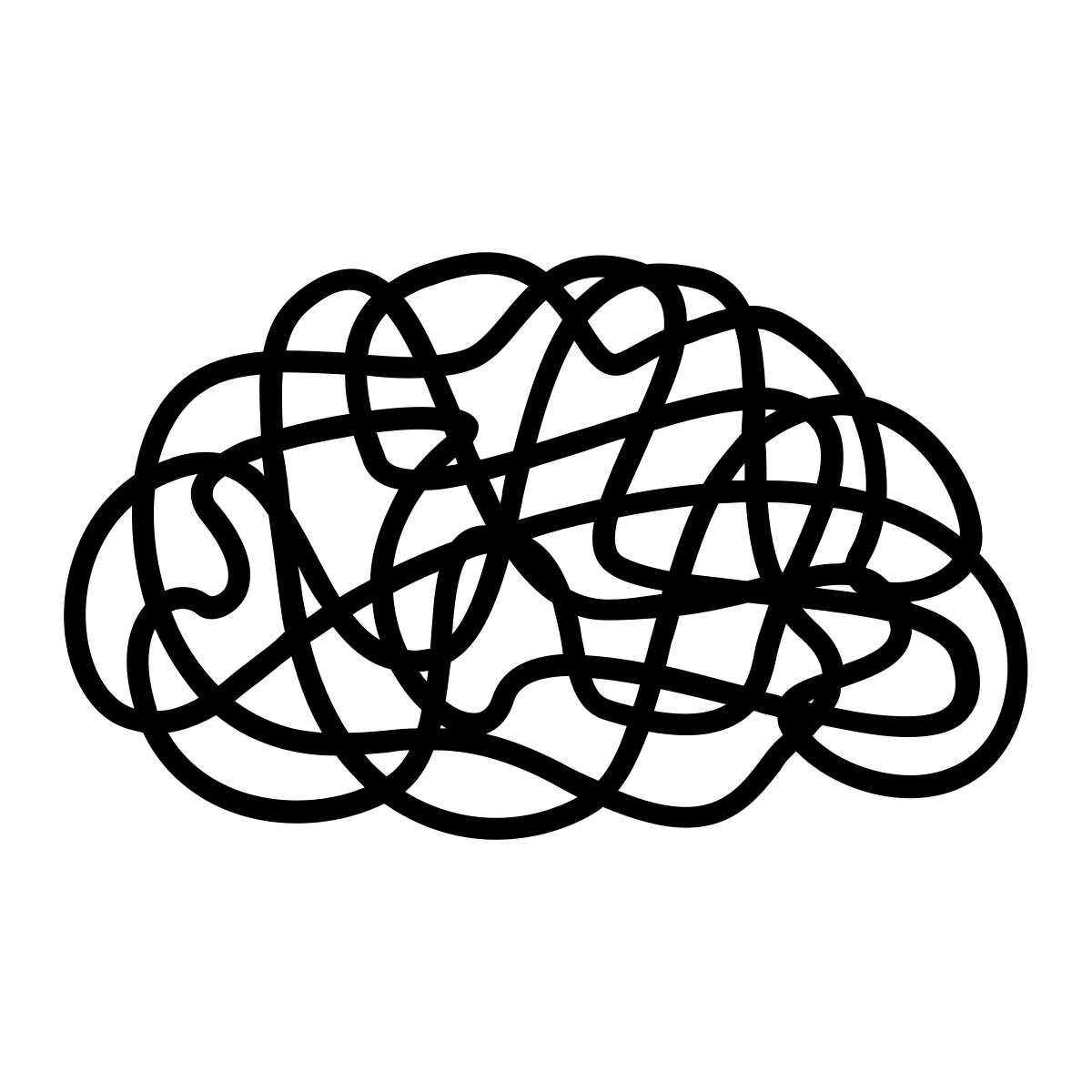
Explore the World of Plant Medicine and Psychedelics. A Weekly Digest of Exclusive Stories, Insights, and Research.


📜 Top Article
How MDMA Changes The Brain in PTSD
We talk a lot about transformation in this space—but what does it actually look like in the brain?
This week’s featured article explores one of the most exciting frontiers in psychedelic science: How MDMA-assisted therapy (MDMA-AT) can rewire the brains of people living with PTSD.
One specific study, led by Singleton et al., used fMRI brain scans to track changes in veterans and first responders before and after MDMA therapy.
And the results are powerful—not just because symptoms improved, but because we’re beginning to understand how they improved…
🧠 According to fMRI findings, here’s what changed with MDMA therapy:
The amygdala and hippocampus—two regions deeply involved in fear, memory, and emotional processing—showed increased communication after therapy
Brain responses to trauma cues became less intense, showing reduced reactivity to triggering memories
PTSD symptoms dropped significantly, with average scores falling from 86 to 39 on the standard clinical scale
In short, MDMA didn’t just reduce distress…
It seemed to restore balance—making it easier for the brain to revisit painful memories without being overwhelmed by them.
What’s especially interesting is that these brain regions are part of something called the default mode network (DMN)—a system linked to self-reflection, memory, and identity.
This same network has been found to shift during psychedelic experiences with psilocybin and LSD.
🌱 So Why Is This Important?
Trauma alters the brain—locking us into cycles of hypervigilance, anxiety, stress, emotional numbness, and disconnection.
Traditional treatments like medications often help manage symptoms, but they rarely reach the root cause…
MDMA-AT appears to do something different: it helps people reconnect—with their memories, their emotions, and themselves—by calming the circuits that keep trauma stuck in the nervous system.
This is why many in the field believe MDMA could be one of the most promising breakthroughs in trauma therapy in decades.
⚠️ But take caution… It’s still early!
The study had just nine participants, so we need more trials to showcase outcomes and short/long-term results.
But it adds to a growing body of research showing that psychedelics may create windows of plasticity in the brain—moments when new patterns can be formed, and old ones finally let go.
Whether you’re new to this conversation or deep in the science, one thing is clear:
Healing isn’t just about suppressing symptoms.
It’s about changing the way the brain relates to the past—so the future can feel possible again.
🧪 Dive into the full article for a closer look at the brain regions involved, the methods used (including trauma-script fMRI), and why this kind of research is reshaping the future of mental health

🎉 Top Weekly Blog!
Our Top Psychedelic and Plant Medicine Blog from Webdelics
The Webdelics website has over 160+ evidence-based, research-backed blogs that were intentionally written to give you the facts, not just our opinions.
📚 Here is this week’s top blog on our site, rated by our readers:
This week’s feature highlights the vital—but often overlooked—role LGBTQ+ communities have played in psychedelic culture.
🏳️🌈 From underground rave scenes to early therapeutic use, queer pioneers helped shape the space for healing, self-discovery, and collective liberation.
While research is still catching up, their legacy shows how psychedelics can challenge norms and expand what healing truly looks like…
❤🩹 Because sometimes, rewriting history starts with rewriting the self.

💬 We will leave you with this…
The poet Adrienne Rich once wrote, “When we speak we are afraid our words will not be heard or welcomed. But when we are silent, we are still afraid. So it is better to speak.”
Psychedelics open space—not just in the mind, but in the heart.
Space to tell the truth…
To feel what’s been buried…
To reclaim what’s been silenced…
🌱 And sometimes, the bravest thing we can do is speak—to ourselves, to each other, to the parts of us we’ve long ignored.
Whether you're deep in the work or circling its edges, remember: healing isn’t about having the perfect words.
It’s about showing up—messy, human, and real.
🎯 So this week, speak your truth. Even if your voice shakes. Even if it’s just a whisper to yourself.
We’re listening. And we’re with you…
Until next time…
🧠 The Guide - by Webdelics
Disclaimer: Webdelics does not support or promote any illegal activities, including the use of substances that may be mentioned in this newsletter. We encourage all readers to familiarize themselves with and adhere to the laws in their region. Please note that Webdelics does not offer mental health, medical, or clinical services and should not be used as a replacement for professional medical, psychological, or psychiatric care, diagnosis, or treatment.



